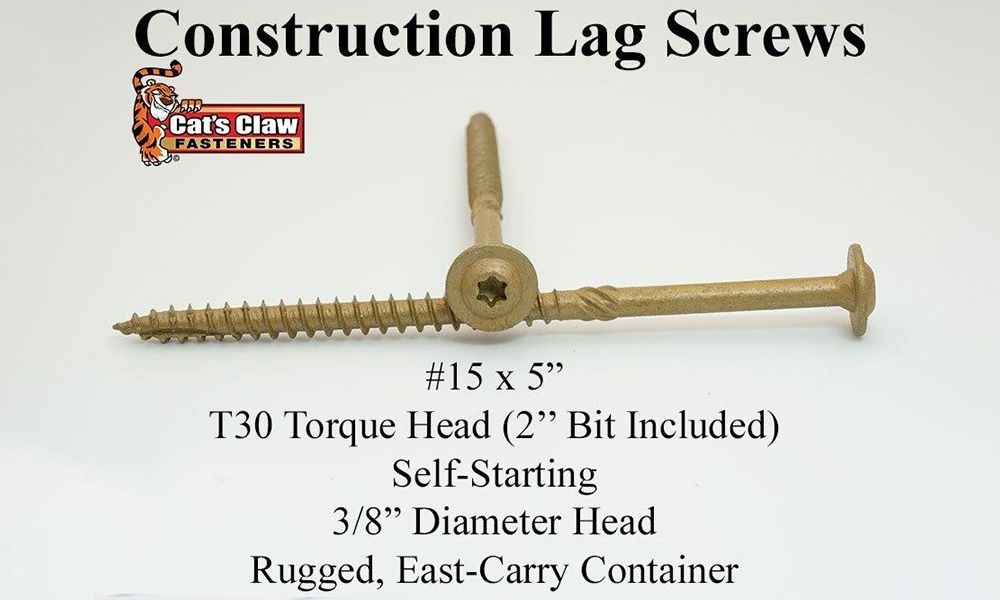Prepare Your Fence whether you have a wooden, chain-link, vinyl, or other style of fence, you’ll need to care for it. This means that, regardless of the fence’s structural strength and integrity when you first put it up, it will eventually degrade—that is, unless you check on it periodically to make sure it’s still holding strong and doing its job.
Some of the worst enemies of fences are weather conditions and moisture, so if you’re able to protect your fence from these two things the best that you can, then you’ll have a fence that could last you a lifetime. Here are a few guidelines for how to prepare your fence for extreme weather conditions so that your fence can be ready for this winter season.
Patch and Repair
Although these tasks may sound simple enough, the simple tasks are often the ones we love to overlook and think about doing later because they either aren’t on our priority lists or the time just isn’t right. But you’ll have to take care of these things sooner or later. It’s all about preventative maintenance—keeping your fence in good working condition will allow it to hold up better over time, and doing so actually requires very little work on your part.
Think about it from this angle. If your car or truck needed an oil change and you skipped it, the engine would slowly start to lock up until it overheated and stopped running due to the lack of lubrication. Maintaining your fence is no different. Its components weather over time, and without the proper care and maintenance, they’ll cease to do their jobs properly. So it’s extremely important to take care of any necessary repairs now so that they don’t eventually become bigger problems. This is what preventative maintenance is all about.
Weatherproof
The type of fence you have will determine the required level of weatherproofing. Weatherproofing can look like many different things. You might need to give your fence more structural support by lining it with sandbags or nailing supportive beams of wood or plywood to it. Vinyl fences will really need all the structural support they can get, so sandbags will be musts for them. If they have weak spots, you may also need to sandbag a wire fence.
You may also need to tie down parts of your fence with rope and a stake to secure it until the extreme weather clears. Clearing the debris from around your fence will also weatherproof it because it will be less likely to rot or sustain damage from the debris over time.
Clean the Area
You’ll want to do regular cleaning to maintain the fence’s look as well as for safety purposes. You might look above and around your fence for any loose debris or tree limbs that may be hanging over your fence. You’ll need to clear all of this as soon as possible. By keeping your fence area tidy, you can prevent any kind of accident from happening.
Power-washing can also help you more easily spot areas where the fence has warped or broken. It’s important to include a quick inspection with your cleaning routine and vice versa, because you never know what you might find while you’re attempting to upkeep your fence.
Repaint and Reseal
Many people choose to finish their fences with some type of protection, unless the fence is made with aluminum or vinyl, both of which are naturally protected against the elements. Cedarwood contains oils that naturally repel water, so it’s mostly weather resistant; however, it’s still organic, which means it will eventually rot. This also implies that bugs will infest it at some point in time. Therefore, to prepare your fence, finishing your wood—regardless of its moisture and weather resistance—might be in your best interest. Just take the extra step and make an investment in the finish of your choice. You won’t regret it.
You can use a natural wood oil, varnish, stain, shellac, paint, or lacquer to finish woods. These are all effective ways to treat and weatherproof any type of wooden fence. You can also paint metal fences and vinyl to protect them from decomposition. You’ll need to treat a metal fence sooner rather than later, as they tend to rust. Aluminum isn’t as subject to rusting, but it can still rust in harsh enough conditions.
Fix and Adjust
No matter what kind of fence you have, you’ll need to routinely walk the perimeter and inspect it. This will ensure that you can prepare your fence and if there are any loose nails or screws loose, you can remove or replace them. The same principle goes for bowing pickets or wire that’s broken and rusted. Furthermore, both wood and vinyl can shard or snap. Any exposed wood or metal pieces could be real hazards for anyone near your fence. Therefore, if you can, immediately remove any shards or sharp pieces sticking out—don’t leave them until your next inspection.
This also prevents further problems from developing. With wire fences, in particular, you’ll want to check the integrity of the wire by pushing and pulling on it to see how taut it is. If the wire has a little give and doesn’t feel stiff, then you’ll need to find the weakest point and adjust the wire as you go in either direction until you can get to a corner, where you can tighten it down.
While you’re at it, stretch the wire where the panels meet and tighten your cattle panel clips to give it a little extra strength. If the posts are coming out of the ground at an angle instead of standing straight, you may need to hammer them in more to get them firmly rooted in the ground.
It’s important that you know how to prepare your fence for extreme weather conditions, as you likely rely on your fence for all kinds of things. Most importantly, you worked hard to invest in that fence and put it up, so you should also work hard to maintain it and have it work for you. Visit Cat’s Claw Fasteners for more info and check out our products here.

Curiosity is the spark at Cat’s Claw Fasteners! Contact us with your questions and connect with our Head Cat Collector, Ralph, at ra***@ca***************.com. Stay informed with our blog and follow us on Facebook, Instagram, Pinterest, and Youtube for more exciting updates!
Read Next: Does the Cast of Yellowstone live in Montana?








My husband has been pretty stressed out lately with his business, and on top of that, he’s dealing with a busted commercial fence that’s supposed to secure his property. He’s been on the hunt for a reliable commercial fence repair service to get things back in order and give him some peace of mind at work. I need to tell him that unless the fence is composed of vinyl or aluminum, which are both inherently resistant to the weather, many individuals decide to finish their fences with a protective coating.